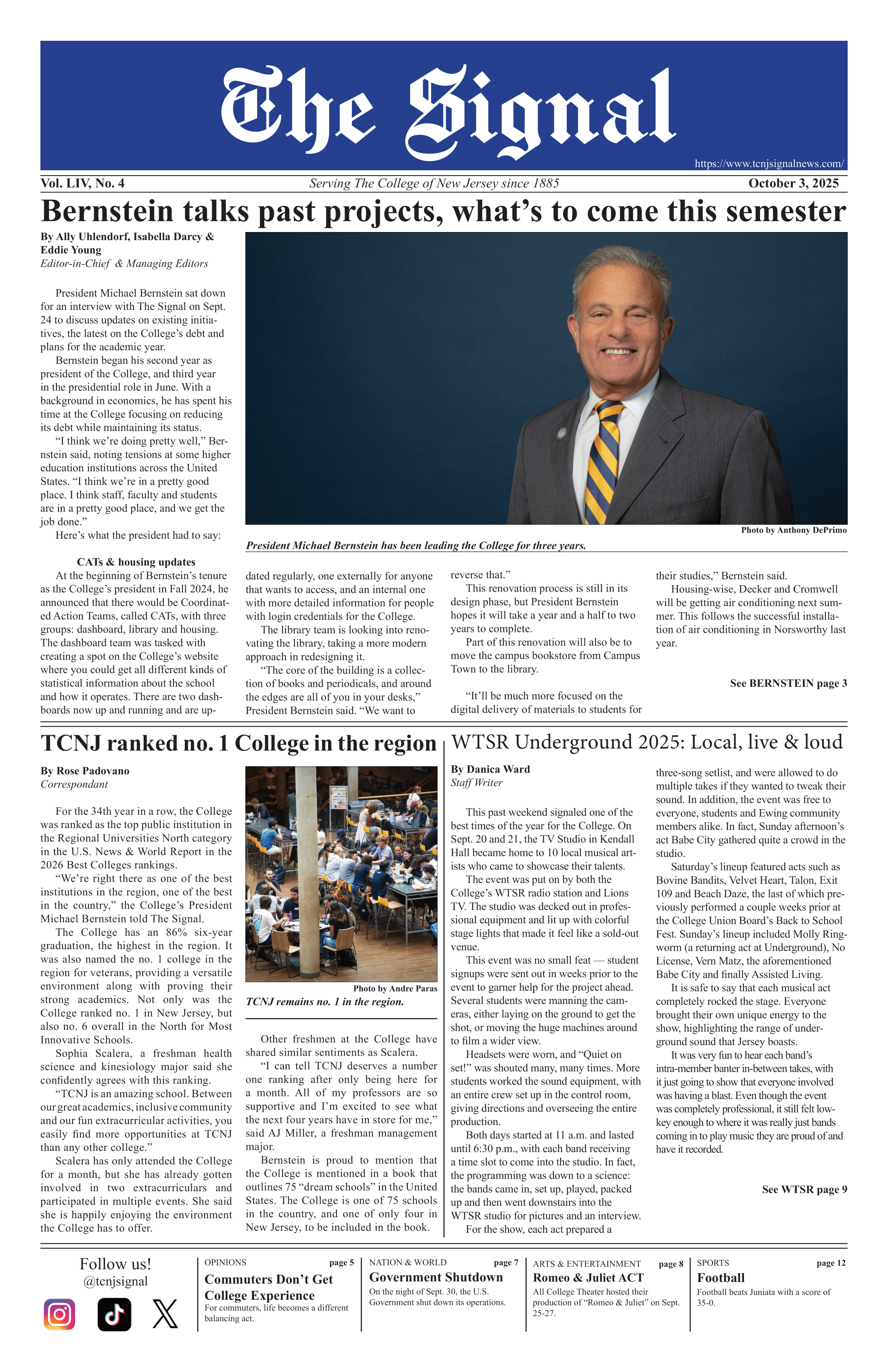By Michelle Lampariello
Former Editor-in-Chief
Ask anyone who attended one of the many worldwide climate strikes what needs to be done to meet their demands, and they’ll likely call for widespread top-down change. While I personally have not crunched the numbers on global greenhouse gas emissions or rising sea levels, I see merit in their argument that we need to make large-scale changes.
But, therein lies the rub for the average college student. Not everyone is in a position to push world leaders to make changes, miss class or work to attend a demonstration or adopt sweeping lifestyle changes. However, financial or physical limitations are not excuses to ignore climate change altogether. Not every facet of sustainable living is going to fit every person, but making small changes is a necessary step toward treating our planet better.
The push to solve the climate “crisis” as several outlets including CNN put it, is growing so rapidly that it tends to marginalize people who have legitimate reasons for resisting. For example, NPR reported that when Starbucks announced its ban on plastic straws, the disability community spoke out against it and explained that these bans were exclusionary for people who cannot sip from an ordinary cup.
The widespread availability of reusable straws has largely solved this particular issue, but ableism is still rampant in eco-friendly culture. Single-use items are sometimes the only solution for keeping things like towels and tissues sanitary for people with compromised immune systems, but paper products are shunned by many climate change activists. Plant-based living can be a nightmare for people with dietary restrictions, and it is impossible to ask someone who relies on single-use medical supplies to minimize their waste.
The climate-conscious movement may have room to grow for inclusion, but we cannot ignore it entirely if some parts don’t fit us individually. I was personally put off by the plant-based movement when I saw how many allergens were being promoted as protein substitutes, knowing I’d never be able to go vegan with a nut allergy. But rather than give up on my carbon footprint, I decided to concentrate my efforts to be green in other areas, such as choosing efficient transportation and sustainable products.
Making eco-friendly choices tailored to your needs is also important in the realm of financial limitations. Reusable products and renewable energy sources often help consumers save money over time, but upfront, their cost can be far too much for an individual living paycheck to paycheck. It’s time we stopped shaming consumers into buying the newest, greenest products, and instead emphasized that any change we can make to our existing lifestyles can go a long way.
If you can’t afford glass food storage jars or silicone baking mats, try being more conscious of unplugging small appliances that aren’t in use or not letting the water run in between washing dishes. Not only will you save on your utility bill, but your kitchen will be just as green as if you could afford those products.
As a relatively new and fast-growing movement, the fight to stop climate change is not perfect. There are gaps in our capabilities as individuals with distinct needs and limits, but by focusing on what we can do instead of what we can’t, together we can make an impact.







